Alligators radically change the ecosystem around them to make the best of seasonal changes in water levels—and that’s a good thing for wetlands.
A new study recently published in the Journal of Animal Ecology shows alligators do more than just care for themselves when they create alligator ponds. They create a habitat for other organisms and move nutrients around. The research, led by FIU alumnus Bradley Strickland, now a postdoctoral researcher at Virginia Institute of Marine Science, is the first to show alligators act as “engineers” in their ecosystem by altering nutrient cycling and keeping the ecosystem healthy.
When the alligators dig holes to fill with water, they give fish and wildlife refuge from falling water levels in the dry season. These ponds, in turn, provide the alligator with a steady supply of food and a place to mate. To maintain their ponds and keep them from filling in with vegetation, alligators use their snouts, claws and tails to move sediment and nutrients around. This disturbance enriches the soil, with alligator ponds showing higher nutrient levels compared to what was found in surrounding marshes.
Strickland, along with FIU researchers Mike Heithaus and Peter Flood, Jeffrey Kline from Everglades National Park, Frank Mazzotti from the University of Florida, and Joel Trexler from Florida State University, found the alligators’ extricating movements also can prevent communities of organisms made up of bacteria and fungi from forming in large mats over the area.
Summary of results from this study conducted at 10 sites in Taylor Slough and Shark River Slough across marsh, near-pond (edge) and alligator pond habitats. Photo: Erin McCarthy. Credit: Journal of Animal Ecology (2023). DOI: 10.1111/1365-2656.13939
Researchers sampled 10 active American Alligator ponds, five in each of the Everglades National Park’s Shark River Slough and Taylor Slough—the two major drainage basins of freshwater through the Everglades to the Gulf of Mexico. They collected water, particulate organic matter, plants and animals across different habitats at each site, including the ponds themselves.
“Understanding the diverse ecological roles of predators like crocodilians will ensure that we have the knowledge to protect our ecosystems in the future,” Strickland said.
Alligators have only recovered from near extinction in the past 50 years, but their ecosystems remain under threat from human disturbances and climate change. This latest research adds to the growing evidence of the many ways predators preserve the health and stability of entire ecosystems.
Nearly 10 years ago, FIU researchers, led by Heithaus, were the first to identify the roles sharks serve in maintaining the health and biodiversity of coral reef and seagrass ecosystems. Though their roles are different, alligators have proven equally important as ecosystem engineers.
“This is another example of the important role predators can play in their ecosystems in addition to eating prey,” said Heithaus, who also serves as executive dean of the FIU College of Arts, Sciences & Education. “Often predators are some of the first species to be hurt by human activities, so it is essential that we find ways to protect and even restore their populations.”
Citations:
Bradley A. Strickland et al, An apex predator engineers wetland food‐web heterogeneity through nutrient enrichment and habitat modification, Journal of Animal Ecology (2023). DOI: 10.1111/1365-2656.13939 – Journal information: Journal of Animal Ecology
This article by Christine Calvo, Florida International University was first published by Phys.org on 31 May 2023. Lead Image: Credit: Unsplash/CC0 Public Domain.
What you can do
Support ‘Fighting for Wildlife’ by donating as little as $1 – It only takes a minute. Thank you.
Fighting for Wildlife supports approved wildlife conservation organizations, which spend at least 80 percent of the money they raise on actual fieldwork, rather than administration and fundraising. When making a donation you can designate for which type of initiative it should be used – wildlife, oceans, forests or climate.

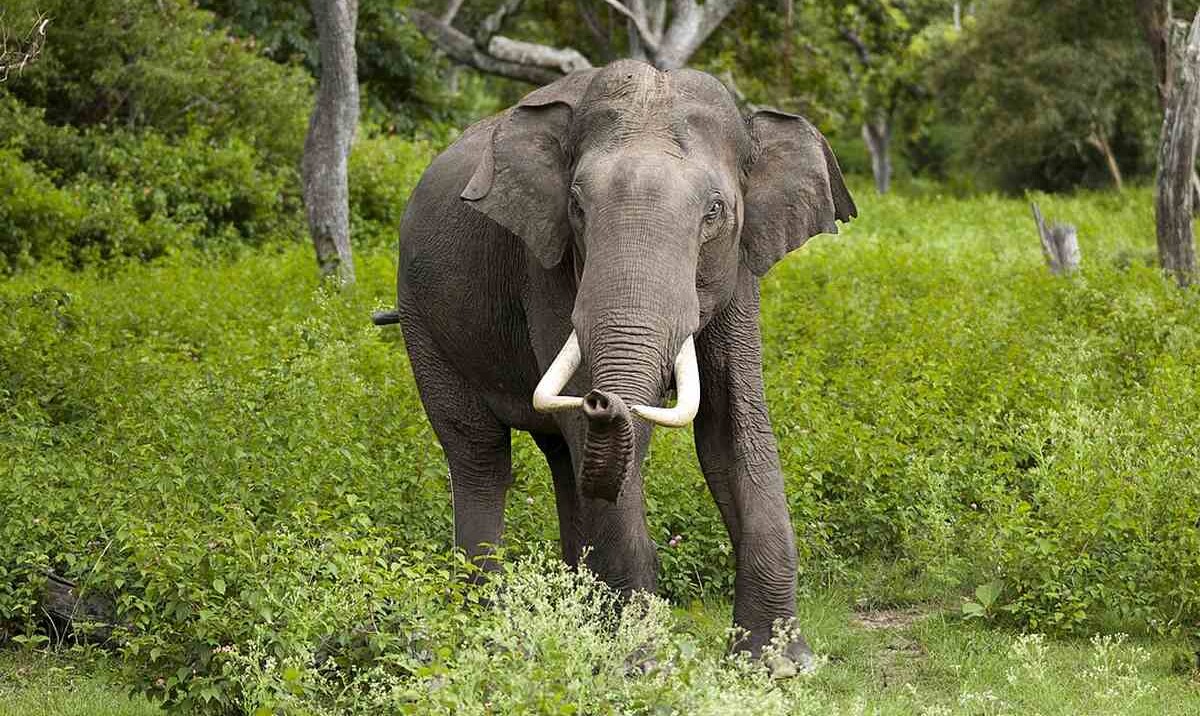
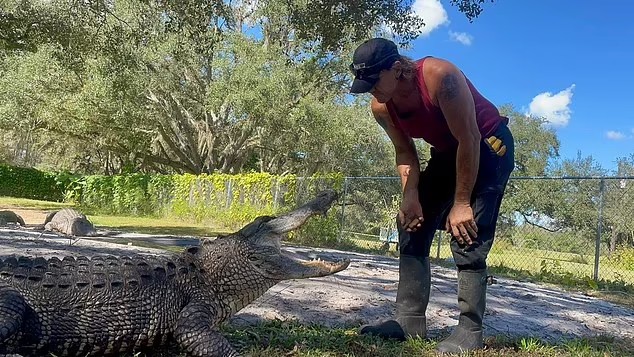
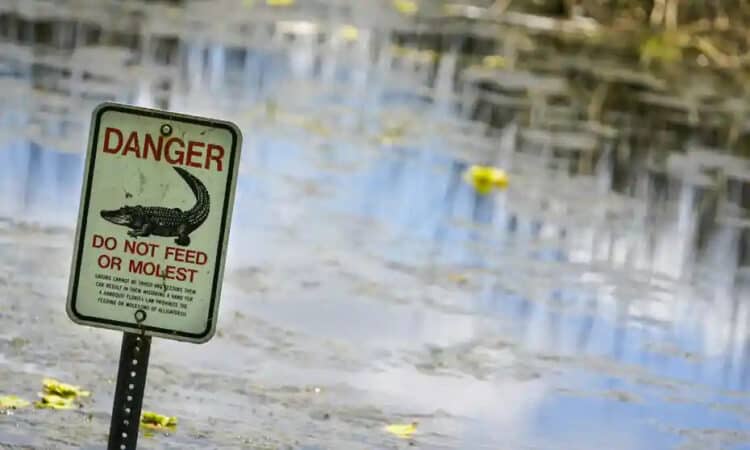
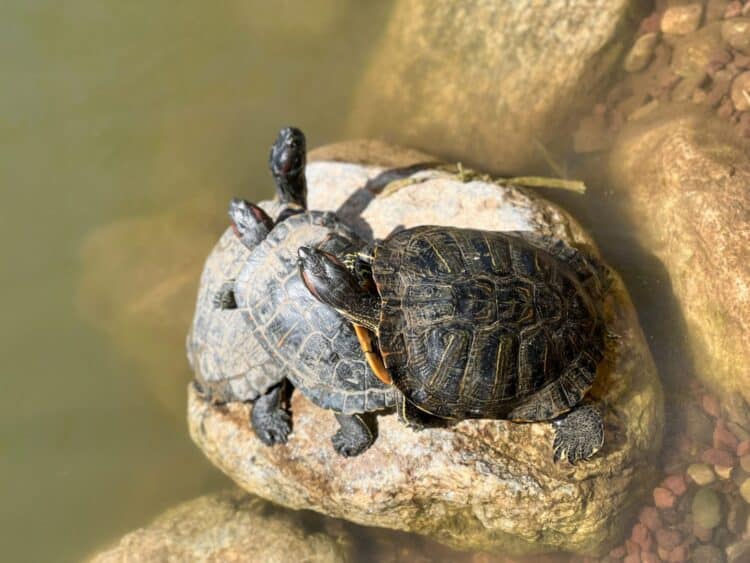
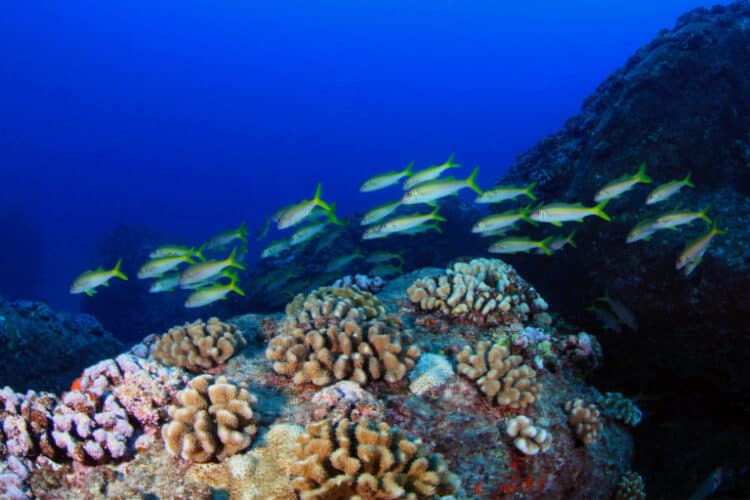
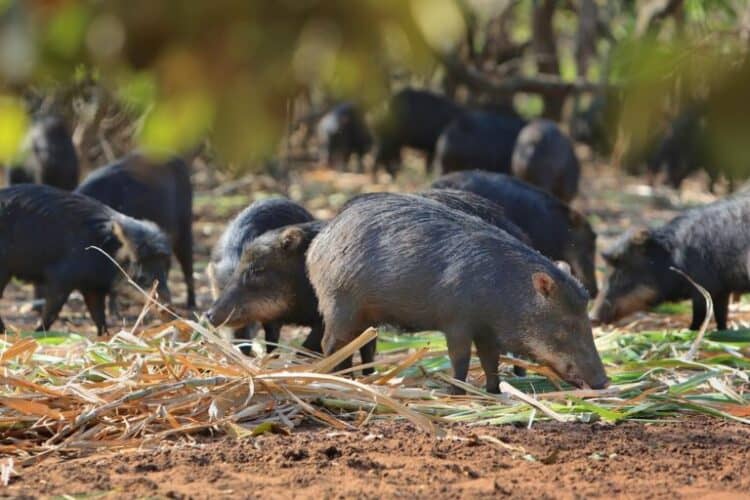
Leave a Reply